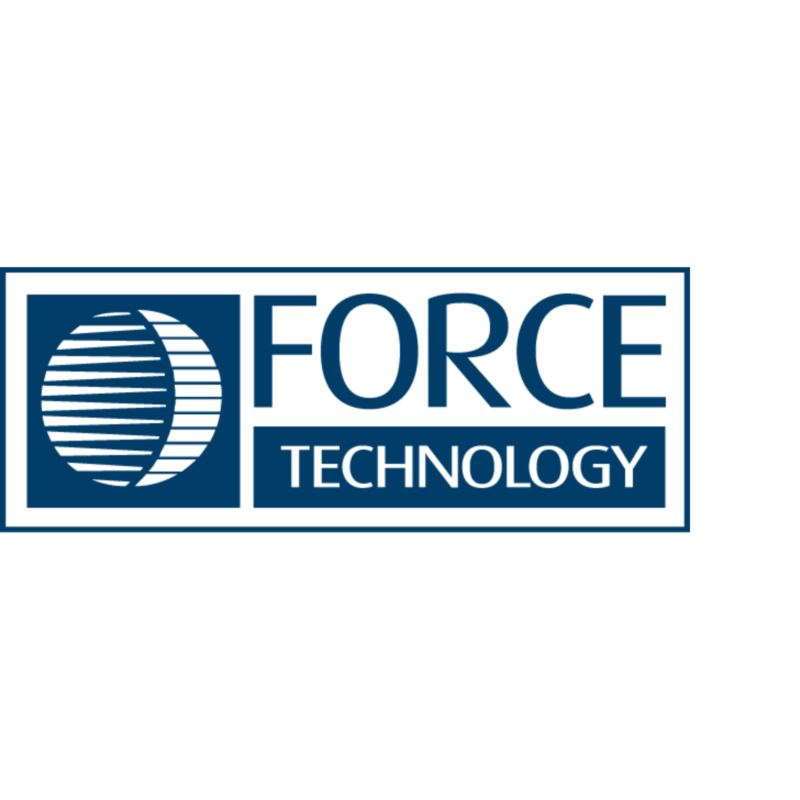Ford alone was estimated to have lost $2 billion in profits, and in September 2021, Toyota lost production of an estimated 360,000 vehicles worldwide – a 40% cut.[i] In response to these existential threats, the industry did what might have previously been inconceivable: they decided to stick together. How? By collaborating better across their value chains. As the automotive network Catena-X believes: There can be no BMW, VW, or Daimler solution… only an industry solution.
In the automotive industry, this means that all stakeholders – from OEM suppliers all the way to their recycling partners – must have equal access to data through robust and sovereign data sharing. This integration is the source from which the supply chains of the future will derive their strength, resilience, and trustworthiness.
Standardization is a must
As businesses collect and analyze big data to gain insights and drive decision-making, standardization has become a critical issue. Standardization refers to the process of defining common communication protocols, structures, and vocabulary to ensure that data can be easily shared and integrated across different systems and applications. As Sebastian Steinbuss, IDSA’s CTO, tells, “we are at an inflection point in the evolution and adoption of International Data Spaces. At this scale, standardization is no longer an option, it’s a must.”
Data connectors are fundamental. For example, Catena-X has rapidly evolved by adopting the IDS-based Eclipse Dataspace Connector, linking enterprises from all domains to virtual data spaces. Data connectors are responsible for establishing secure connections, verifying the identity and authorization of participants, and ensuring data integrity and confidentiality. Moreover, they provide an interface for accessing and sharing data, while ensuring data usage control, which is critical for maintaining data sovereignty.
Data sovereignty as a spectrum
Data sovereignty is a spectrum that encompasses different stakeholders expressing the rules and policies of data sharing. The data connector is able to understand these rules and policies, ensuring the comprehensibility of them, and guaranteeing compliance.
IDSA does not create these rules nor determine the extent of complexity and freedoms they entail. This is done by the authorities or data space operators. Our primary focus revolves around implementing technical and semantic interoperability to enable all participants in a data space to adhere to these rules and policies. We empower participants to share, consume, and utilize data within a data space while upholding data sovereignty.
Trustworthy data connectors like no other
IDS Certification is the sole certification scheme dedicated to data connectors, combining industry-proven, rigorous security criteria with thorough functionality and interoperability testing. IDS-certified data connectors provide the reliability and trust partners and customers seek when sharing their valuable data. This makes it easy for small- and medium-enterprises to easily integrate into the network and operate on an equal level with major industry players, further enriching innovation through data sharing.
We are at a tipping point. As we move towards a more data-driven future, it’s essential that we prioritize standardization and certification. The time is now for us to work together to develop and adopt industry-wide standards, promote data sharing, and embrace a culture of collaboration. By doing so, we can unleash the full potential of data and create a better future for all.
[i] Chip shortage: Toyota to cut global production by 40% – BBC News | Ford Lost $2 Billion in 2022 as Some Investments Soured – The New York Times (nytimes.com)









